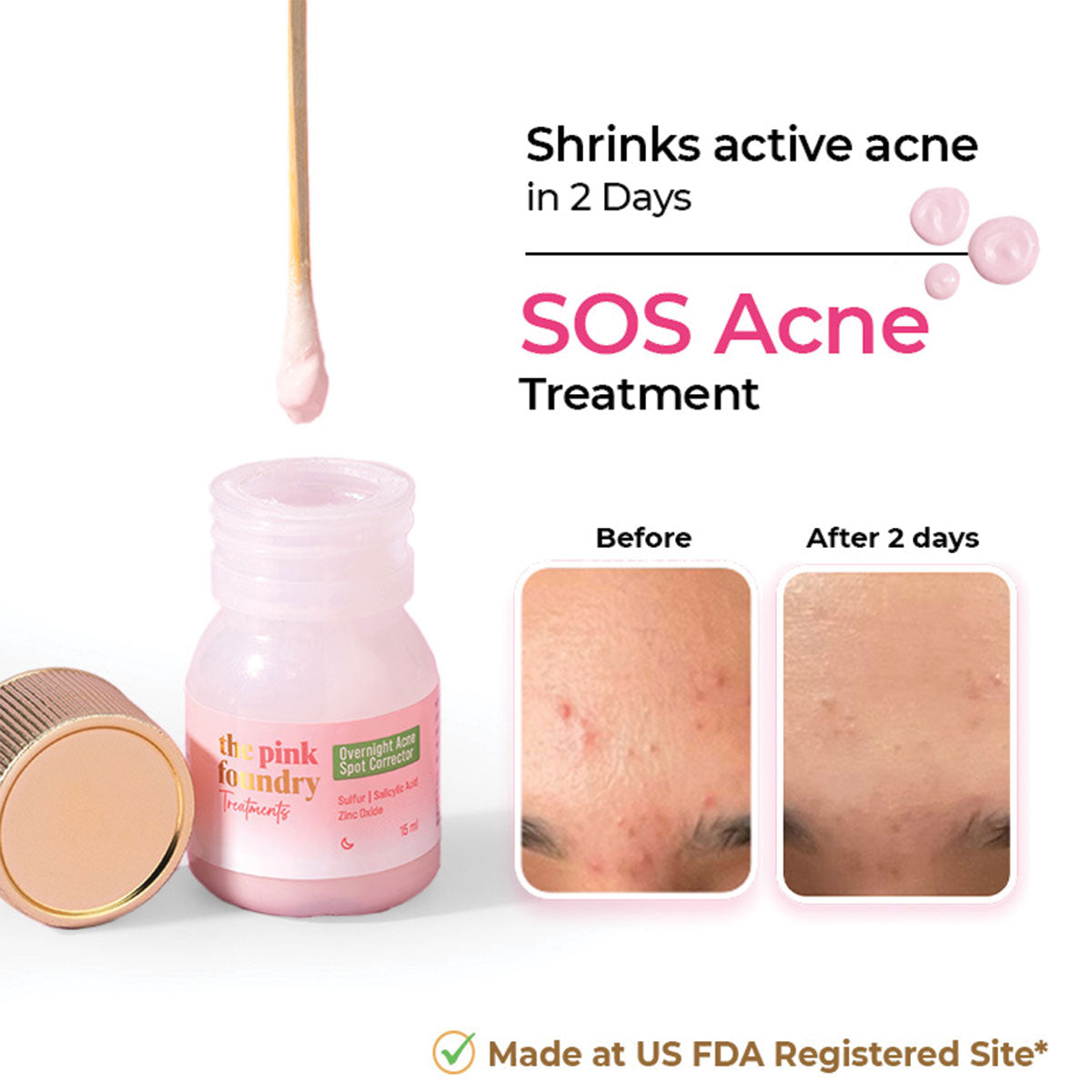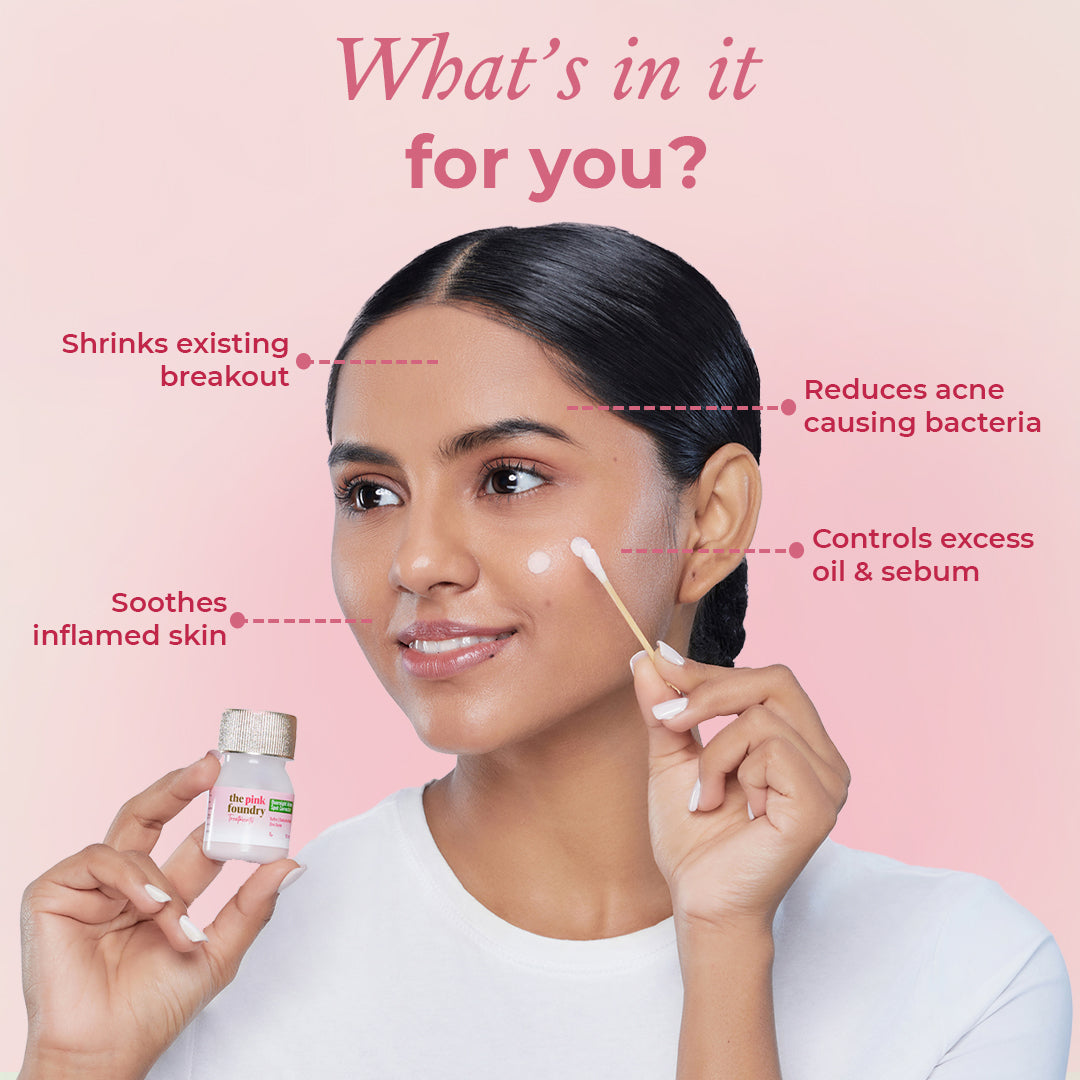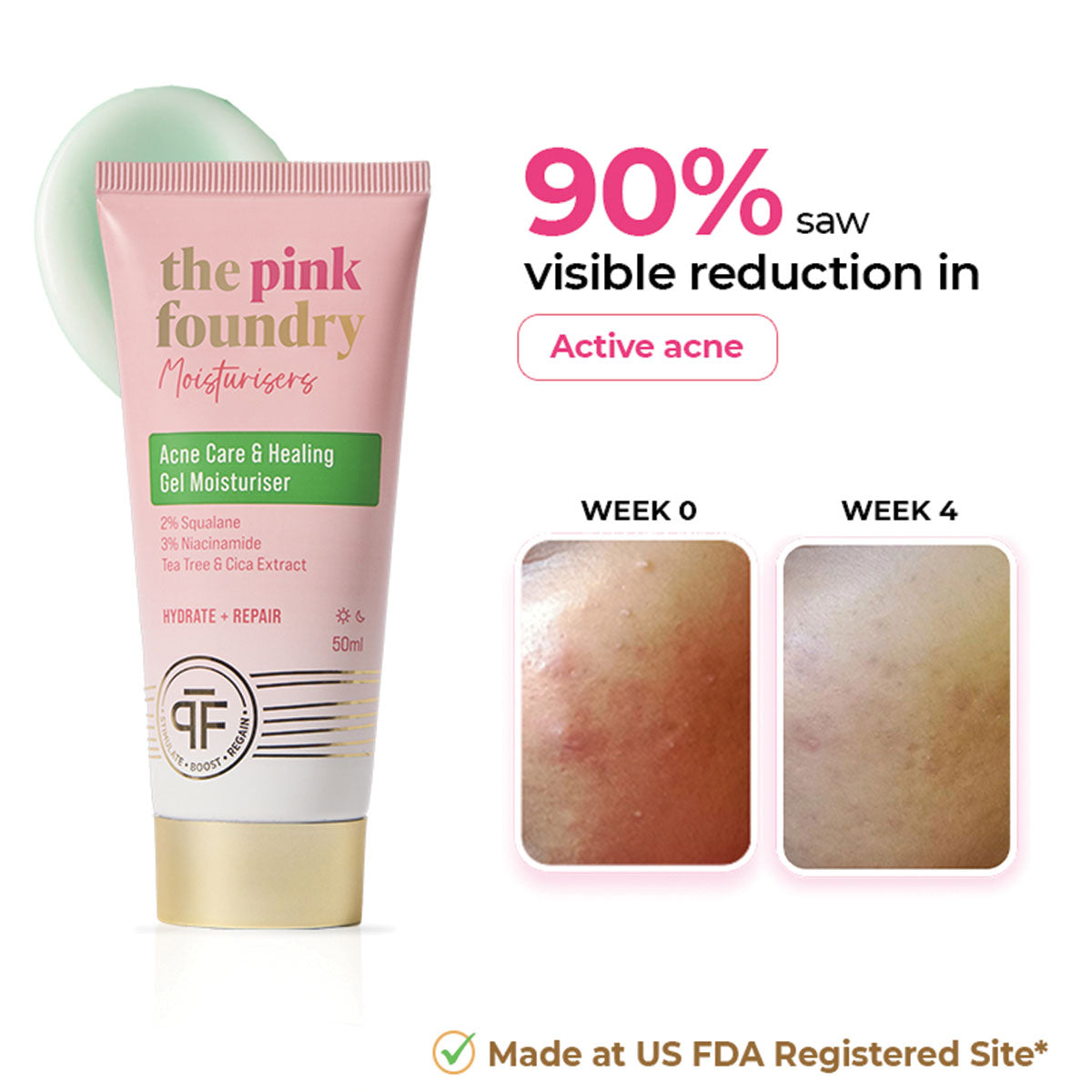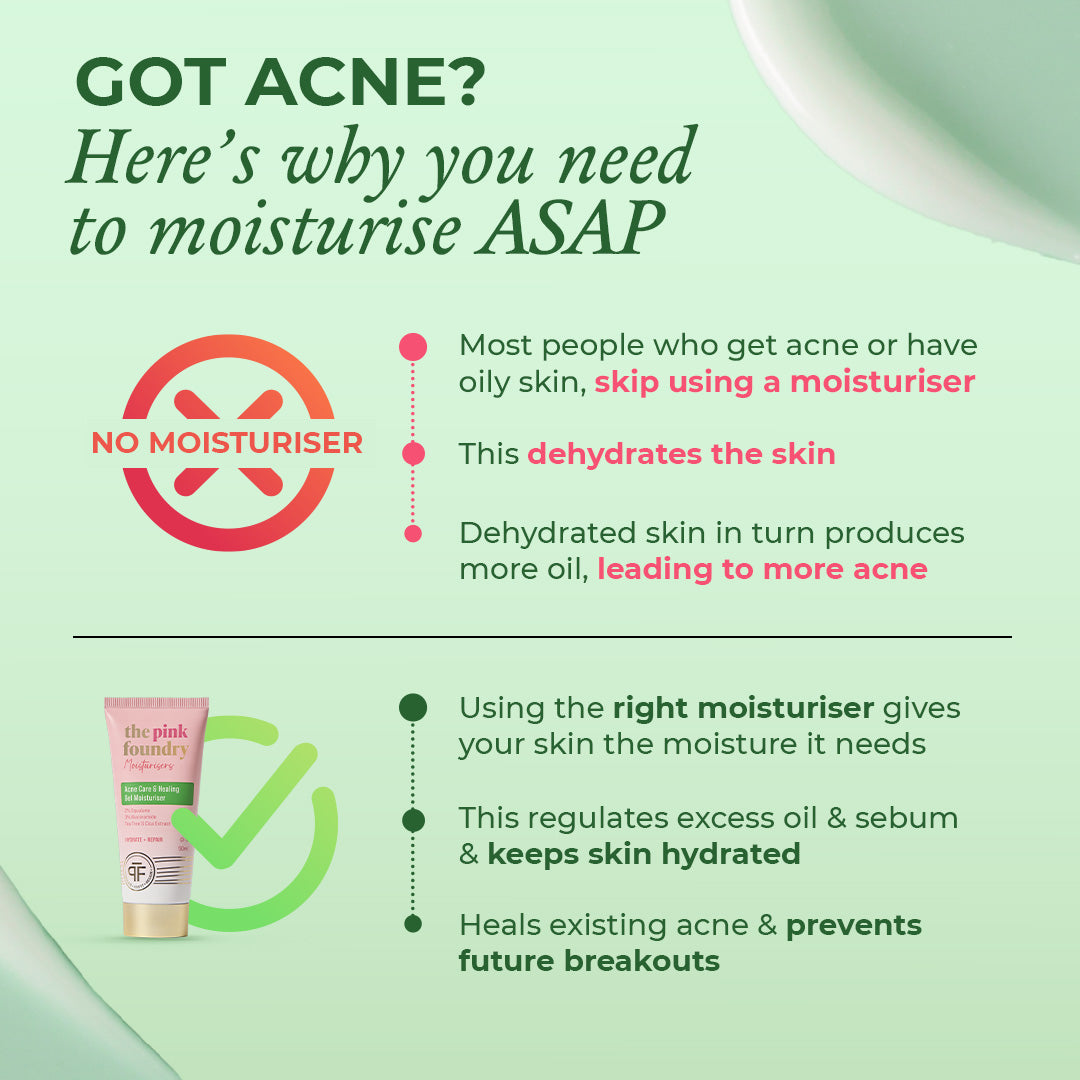
UVA Meaning: What It Is and Why It Matters for Your Skin
You can’t see it or feel it, and you probably don’t spend a ton of time thinking about it, but those UVA rays work away at your skin day in and day out. They’re not sharp like the sting of a sunburn, but they’re more gradual, more permanent, and far more underestimated. UVA rays are always out, even when the sun is behind the clouds. They sneak in through windows, they hang around from dawn till dusk, and they have the power to damage your skin from the inside out.
If you want to protect your skin, understanding UVA meaning is non-negotiable. This quiet skin intruder deserves your attention, and this guide will walk you through everything you need to know about it.
What is UVA?
What is UVA? UVA is an acronym for Ultraviolet A, a type of ultraviolet radiation that comes directly from the sun. It’s part of the spectrum of light that comes down to us, but it’s invisible to the naked eye. What distinguishes UVA from its siblings — UVB and UVC — is the length of its wavelength. The wavelength allows it to dive deeper into your skin, deep past the surface (the epidermis) and into the dermis, where it can cause an astonishing variety of cellular changes.
Want to know more about the UV ray meaning? Some 95% of ultraviolet rays that are incident on the Earth’s surface are UVA. The number clearly reveals that the vast majority of the time that you’re in daylight, UVA rays are raining down on you in considerably larger doses than any other kind of UV rays.
This is not just a beach-day problem either. Regardless of season, ultraviolet rays keep up the same intensity throughout the day. UVA rays are at work, silently sabotaging the health of your skin, whether you are on a sunny spring walk or sitting by a window on a wintry afternoon.
How UVA rays affect skin
You don’t get sunburn from UVA rays. So, are they really that harmful? Absolutely, yes. If you compare UVA vs UVB rays , the latter mainly affect the surface of the skin and cause visible burns. But UVA rays affect deeper layers, causing invisible damage over time.
The most prominent effect? Photoageing. This term refers to premature ageing caused by prolonged sun exposure, and UVA rays are the leading culprit. They break down collagen and elastin—those essential proteins that give skin its structure and elasticity. As collagen levels drop and skin support weakens, wrinkles, fine lines, and sagging begin to take form.
UVA also increases melanin production, which contributes to dark spots and pigmentation disorders like age spots, uneven skin tone, and melasma. People with darker skin tones are especially vulnerable to UVA-induced pigmentation, and unfortunately, this type of damage can take months, if not years, to reverse—if at all.
UVA sunscreen meaning
When shopping for sun protection, it's not just the SPF that matters. SPF (Sun Protection Factor) measures how well a sunscreen protects against UVB rays, but what about UVA? What is UVA sunscreen meaning? That’s where broad spectrum and PA ratings come into play.
Broad Spectrum
Look for broad spectrum sunscreen. This means it offers protection against both UVA and UVB rays. Without this label, you may be protecting yourself from sunburn while leaving your skin vulnerable to deeper, long-term damage. If you are looking for broad-spectrum coverage, the Mineral Matte Tinted Sunscreen. is a great choice.
PA Rating
Developed in Japan and widely adopted across Asia and Europe, the PA system measures how much UVA protection a sunscreen provides. The PA rating in sunscreens goes as follows:
- PA+: Some UVA protection
- PA++: Moderate protection
- PA+++: High protection
- PA++++: Extremely high protection
The more plus signs, the better the defence. So, if you're serious about skincare, especially anti-ageing, opt for a product that boasts PA+++ or PA++++. The Dewy Hydrating Hybrid Sunscreen SPF 50+ is a great product with a PA++++ rating.
Why UVA protection matters
You may not always notice the impact of UVA rays, but your skin does. Here's why UVA protection should be part of your everyday skincare routine, regardless of weather or season.
Prevents premature ageing and pigmentation
By protecting your skin from UVA exposure, you’re preserving your skin’s natural structure. Fine lines, sagging, dullness, and dark spots are all preventable with consistent UVA protection.
Essential even when indoors
Don’t assume that being inside shields you. UVA rays penetrate glass, which means windows—at home, in the car, or at the office—won’t block them out. If you're spending time near natural light, even indoors, you need protection
A must for all weather conditions
Sunlight can be deceptive. Overcast days still allow up to 80% of UV rays to reach your skin. UVA rays are especially sneaky—they don’t change much with the weather. This means your skin needs protection every single day, rain or shine, summer or winter.
Conclusion
UVA rays may be invisible, but their effects are enduring. With their ability to cause deep skin damage and premature ageing, UVA protection is essential for skincare. The good news? Protection is simple. Just look for a broad-spectrum sunscreen with a strong PA rating and use it daily. Your skin’s future health and radiance depend on the choices you make today. Stay covered, stay confident
FAQs:
1. What is the difference between UVA and UVB?
UVA rays penetrate deeper into the skin and cause long-term effects like wrinkles and ageing. UVB rays primarily affect the surface, leading to sunburn and tanning
2. Does UVA cause sunburn?
No, UVA rays do not typically cause sunburn; that is the result of UVB rays. However, UVA rays do damage the skin more deeply and cause ageing.
3. How can I tell if sunscreen protects against UVA?
Look for sunscreens labelled "broad spectrum" and those with a PA+ rating. The more plus signs, the greater the UVA protection
Is UVA protection necessary indoors?
Yes, UVA rays can penetrate glass. So indoor protection is important, especially if you’re near windows or exposed to daylight for long periods
What is PA+++ in sunscreen?
PA+++ is a high level of UVA protection, offering strong defence against sun-induced ageing and pigmentation. It is ideal for daily and long-term use.








































































Leave a comment
This site is protected by hCaptcha and the hCaptcha Privacy Policy and Terms of Service apply.